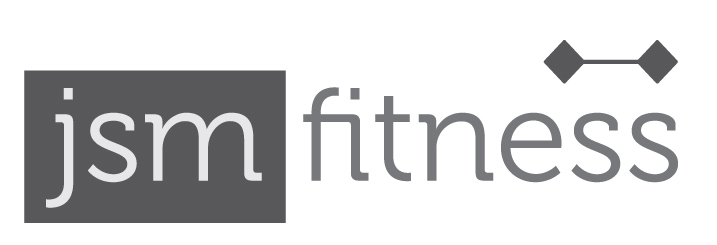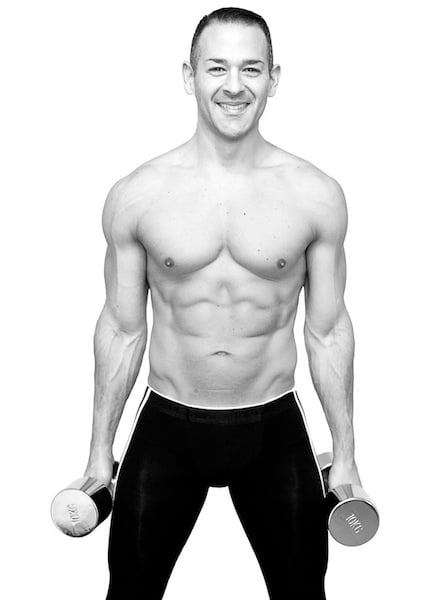The Role of Protein in Weight Loss and Muscle Building

Protein is one of the most important nutrients for achieving weight loss and muscle building goals. It supports muscle repair, helps with fat loss, and improves overall body composition. Whether you want to shed extra pounds or build strength, consuming enough protein is essential. At JSM Fitness, I help clients develop personalised fitness and nutrition plans that include the right protein intake for their goals.
Protein Benefits for Weight Loss
Eating enough protein can help with weight loss by increasing satiety, boosting metabolism, and preserving muscle mass while reducing body fat.
Increased Satiety: Protein keeps you full for longer, reducing cravings and the likelihood of overeating. Meals rich in protein help regulate hunger hormones, making it easier to maintain a calorie deficit.
Boosts Metabolism: The body burns more calories digesting protein compared to carbohydrates and fats. This is known as the thermic effect of food, which helps increase metabolism and supports fat loss.
Preserves Muscle Mass: When in a calorie deficit, the body may break down muscle for energy. Eating enough protein helps prevent muscle loss, ensuring that weight loss comes from fat instead of muscle.
Reduces Hunger: Higher protein intake leads to fewer cravings and helps reduce late night snacking, making it easier to stay on track with weight loss goals.
Protein Benefits for Muscle Building
If you want to gain muscle, protein is essential for recovery and muscle growth. Without it, strength training alone will not be as effective.
Muscle Repair and Growth: Strength training causes small tears in muscle fibres. Protein helps repair and rebuild these fibres, leading to muscle growth and increased strength.
Stimulates Muscle Protein Synthesis: Protein intake stimulates the process where the body builds new muscle. Consuming protein after a workout enhances recovery and muscle building.
Optimises Muscle Mass: For muscle building, consistency in protein intake is key. The body needs a steady supply of amino acids to maintain and grow muscle tissue.
Protein Timing: Eating protein before a workout provides energy and supports muscle endurance. Consuming it after a workout aids recovery and maximises muscle repair.
How Much Protein Do You Need?
For general fitness, aim for 1.6 to 2.2 grams of protein per kilogram of body weight. Those focused on muscle building may need up to 2.5 grams per kilogram. A nutrition plan tailored to your goals ensures you get the right amount.
Best Types of Protein: High quality protein sources include lean meats, fish, eggs, dairy, legumes, tofu, and plant based proteins. Protein powders can be helpful but should not replace whole foods.
Protein Powders vs Real Food: Protein powders are convenient for those with busy schedules but whole foods provide additional nutrients like fibre and healthy fats. Using both strategically can help meet protein needs without sacrificing nutrition.
Meal Prep is Essential: Planning meals in advance helps ensure you get enough protein daily. Avoid skipping meals or starving yourself as this slows metabolism and can lead to muscle loss. Ignoring portion sizes can also lead to overeating. Eating smaller meals frequently can be more effective than consuming large portions at once.
Workout Routines According to Your Goals: No single workout routine fits everyone. Strength training, cardio, and functional exercises should be combined based on individual goals. Whether aiming for weight loss or muscle gain, workouts should be customised.
Practical Tips to Include More Protein in Your Diet
Include protein at every meal to maintain energy and muscle repair
Choose lean protein sources like chicken, fish, and legumes
Consider protein supplements if you struggle to meet daily needs
Spread protein intake throughout the day instead of consuming it all at once
Rest Days and Recovery: Muscles grow and repair during rest days. Overtraining without allowing time for recovery can lead to fatigue and injury. Prioritising sleep and proper nutrition on rest days is just as important as training.
Focus on Sustainable Habits: Results take time. Instead of looking for quick fixes, focus on consistency. Nutrition and exercise habits must be sustainable for long term success. Be patient and trust the process.
Hire a Personal Trainer or Nutritionist: Working with a professional can help create a structured plan tailored to weight loss or muscle building goals. A personal trainer ensures workouts are effective while a nutritionist helps optimise protein intake and overall diet.
At JSM Fitness, I offer customised training and nutrition coaching to help you reach your fitness goals in a sustainable way.
Start Your Fitness Journey Today with JSM Fitness
Custom workout and nutrition plans
Personalised coaching in St Albans, Harpenden, and online
Guidance on weight loss, muscle building, and protein intake
Email: [email protected]
Call or WhatsApp: 07590 830263
JSM Fitness: Serving St Albans, Harpenden & Surrounding Areas in Hertfordshire
Boost Your Fitness, Let’s Work Together!
Book Your First Personal Training Session Today!
Email: [email protected]
Call or WhatsApp: 07590 83026


Comments